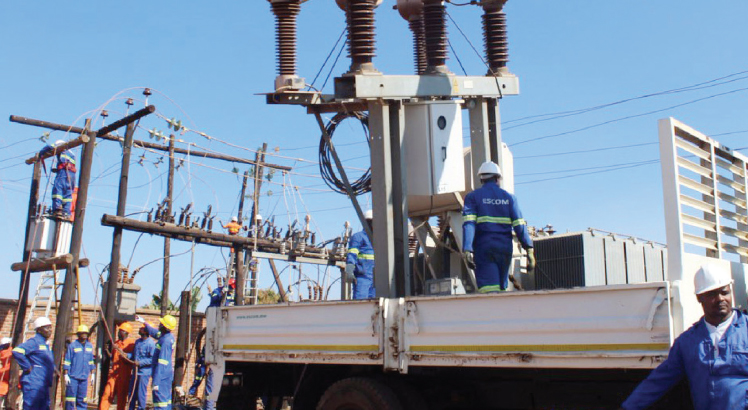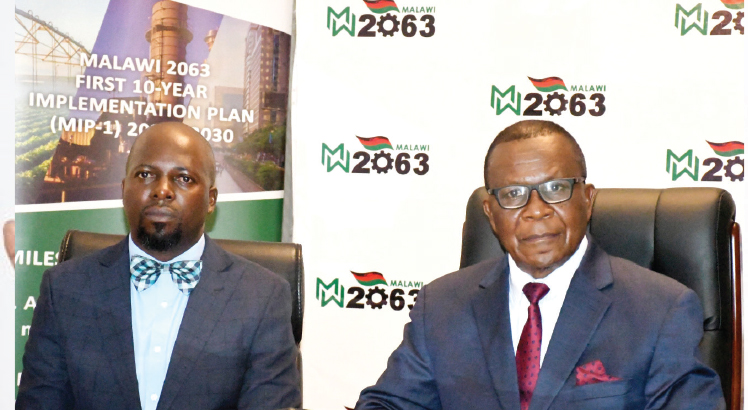Malawi Confederation of Chambers of Commerce and Industry (MCCCI) has warned that the proposed electricity tariff hike could make it tough for businesses to operate as high tariffs will increase production costs.
The private sector lobby group said this on Wednesday in reaction to the 99 percent proposed electricity tariff hike by Electricity Supply Corporation of Malawi (Escom) and Power Market Limited to be spread over a four-year period from 2022 to 2026.
MCCCI president Lekani Katandula in an interview yesterday said while Escom wants to be a viable entity, the tariffs, if not well reviewed, could have consequences on production.
Escom wants to raise electricity tariff by 80 percent this year
He said: “We want Escom to be sustainable and it is never going to be sustainable if it is buying electricity at a higher price than it is selling at, but at the same time, high tariffs make it tough for businesses but also the public.
“As much as we want Escom to be sustainable, the question is what is the makeup of this tariff and are there any opportunities to be efficient and try to mitigate the requested increase.”
Katandula, who is also Illovo Sugar (Malawi) plc managing director, said the chamber hopes that the Malawi Energy Regulatory Authority (Mera) will think along those lines to ensure the country gets a tariff that keeps Escom viable, economical and efficient.
“If we pass on any inefficiencies to the businesses, we will be unfair on the economy given industry’s role in the economy to champion growth through production and industrialisation,” he said.
Escom, however, indicated that the current tariff structure is outdated and does not reflect the true cost of generating power.
The power utility said during the period of 2018-2022 base tariff, energy sales were below target due to, among other reasons, the drought experienced in the country between 2017 and 2019.
The firm also said non-implementation of the phased tariff at the beginning of the base tariff period and automatic tariff adjustment mechanism affected them.
Escom further said it faced high technical and commercial losses of 22.2 percent at the end of the tariff period against a target of 16 percent, among other reasons.
It also cites the unavailability of 130 megawatts from Kapichira Hydropower Plant as having contributed to revenue losses.
Escom says these factors led to total revenue loss of K112.5 billion from July 2018 to March 2022.
In an interview on Monday, Mera consumer affairs and public relations manager Fitina Khonje said the energy regulator will review the tariff adjustment proposal.
“We are seeking comments and suggestions on the proposed tariff increase as mandated by the country’s energy laws.
“This is important in the tariff determination process so that the authority can arrive at an appropriate decision that takes into account both consumer interests and sustainability of the electricity sector.”
Under the 2022-2026 electricity base tariff application submitted to Mera, Escom and PML want electricity tariffs hiked by 80.75 percent from the current K104 per kilowatt hour ( kwh) this year.
If Mera approves the hike, the price of electricity could go up by K83.98 from the current price of K104 per kwh to K187.98 in the 2022-2023 year.
In the 2023-2024 year, the price could be adjusted to K184.18 per kwh while in the 2024 -20225 and 2025-2026 the price might go up to K210.59 per kwh and K249.15 per kwh, respectively.
The post Firms decry proposed electricity tariff hike appeared first on The Nation Online.
 Moni Malawi
Moni Malawi 

